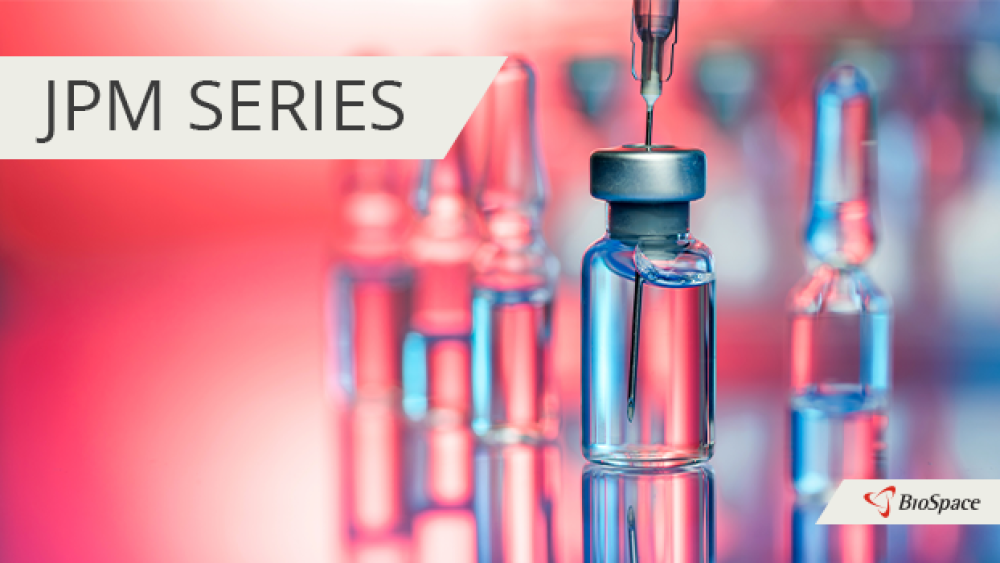Sigyn is not only trying to treat the inflammatory mediators that fuel sepsis; it wants to prevent the life-threatening event from occurring altogether.
By this point in the COVID-19 pandemic, almost everyone is familiar with – or has at least heard about – the “cytokine storm”. It is a term with which medical technology company Sigyn Therapeutics is on very close terms.
The San Diego-based outfit has developed the proprietary Sigyn Therapy, a dual-function blood purification technology that extracts pathogen sources of life-threatening inflammation in conjunction with the broad-spectrum elimination of inflammatory mediators that fuel sepsis.
For those who haven’t spent the past two years Googling medical facts about COVID-19, let’s take a closer look at Cytokine Storm Syndromes (CSS). Cytokines are pro-inflammatory signaling molecules. While they normally act as a key part of the body’s immune response to infection, when suddenly released in large quantities, they can cause multi-system organ failure and death.
Sigyn Therapy has been designed to deplete the presence of these molecules-gone-wild, cytokine aggregates (when two or more biologically-active cytokines fuse together in the circulatory system), endotoxin and CytoVesicles from the bloodstream. The device is made up of several thousand hollow fibers. A patient’s blood is removed from their body and flows through the fibers into a cartridge. The critical aspect of the mechanism, Sigyn Co-founder and CEO Jim Joyce told BioSpace, is in the rate of blood flow.
“It’s not so fast that it chews up blood cells or causes hemolysis, but it’s at a rate that causes a pressure differential that through both diffusion and convection, causes the targets we’re looking to remove to pass through the fiber walls and into what we call the extraluminal space,” he explained.
In that space, Sigyn incorporates a cocktail of absorbing components that have been optimized to remove a broad spectrum of targets. The blood is then returned to the patient free of the inflammatory mediators that lead to sepsis. Joyce said the therapy is a “plug-and-play” device that is designed for use on the global infrastructure dialysis and CRT machines that reside in most hospitals and clinics.
But Sigyn is not only trying to treat the inflammatory mediators that fuel sepsis; it wants to prevent the life-threatening event from occurring altogether.
“What’s really interesting about the technology is the possibility of being able to intervene earlier in the course of infection…with the potential to be a sepsis prevention company,” Joyce said, noting the example of community-acquired pneumonia. CAP is the leading cause of death among infectious diseases, the leading cause of death in children under 5 years of age, and a catalyst for around 50% of sepsis and septic shock cases.
“A majority of people that are hospitalized with pneumonia are hospitalized without knowing what the pathogen source was that caused the infection.” There are both viral and bacterial forms of CAP. “So, that creates quite the conundrum for the clinician.” Through the process of extracorporeal blood purification, Sigyn Therapy can treat both bacterial toxins and viral pathogens, and as such, can address the source of inflammation even prior to identifying the pathogen.
In this way, extracorporeal blood purification devices offer a therapeutic option beyond many drugs – the ability to treat multiple potential causes at once.
“Most people would probably be surprised to learn that the first four therapies that were approved under emergency use authorization to treat COVID-19 were all blood purification devices,” Joyce said. According to the U.S. Food and Drug Administration, “blood purification devices may be effective at treating certain patients with confirmed COVID-19 by reducing various pathogens, cytokines and other inflammatory mediators, that is, small active proteins in the bloodstream that control a cell’s immune response by filtering the blood and returning the filtered blood to the patient.”
The two most prevalent devices in this field are TORAYMYXIN™ (licensed to Spectral Medical in North America), which has high specificity for removing endotoxins, and Cytosorb, made by New Jersey-based Cytosorbents Corporation, which specializes in addressing inflammatory cytokines.
“When we established Sigyn Therapeutics, we were very confident that we could design a device that could address both endotoxin and inflammatory cytokines at the same time,” Joyce said. In December 2020, Sigyn announced the results of an in vitro study demonstrating this capability. Average reduction of endotoxin load peaked at 83%, while average reduction of IL-1B and IL-6, two pro-inflammatory cytokines, was 69% and 59% respectively.
Sigyn has also demonstrated the ability to address gram-positive bacterial toxins, infectious viruses including COVID-19 and CytoVesicles, which transport inflammatory cytokine cargos in the bloodstream, all in in vitro studies. Since then, the company has completed a series of animal studies in porcine subjects, with no treatment complications, adverse events or observations of hemolysis during the six-hour treatment procedures. Sigyn plans to combine these results in an investigational device exemption (IDE) application it expects to submit to the FDA’s Center for Devices and Radiological Health (CDRH) in early 2022. Joyce said Sigyn hopes to be in a position by the end of February to initiate human studies.
Beyond CAP and COVID-19, the potential treatment landscape for Sigyn Therapy includes drug-resistant pathogens (including antibiotic-resistant bacterial infections), hepatic encephalopathy and emerging bioterror and pandemic threats.
“We really look at acute, life-threatening conditions because we think these are the conditions where you have to rapidly recalibrate the immune system. The challenge for prior therapies has been this belief that it was possible to address single targets and provide patient benefit. We believe you have to hit multiple targets on a rapid real-time basis,” Joyce said.
Formed in October 2019, right before the first cases of COVID-19 were reported in China, you could say that Sigyn launched at quite a serendipitous time. As with vaccines, the global pandemic has reinforced the importance of extracorporeal blood purification devices.
“One thing we see as a trend is that when something has emerged is when there’s not a treatment, there is oftentimes a reliance on a blood purification technique,” Joyce said. So, until the next pandemic hits – and in the meantime for the purpose of preventing and treating all-too-common causes of sepsis – companies like Sigyn will continue to improve upon their technique.







